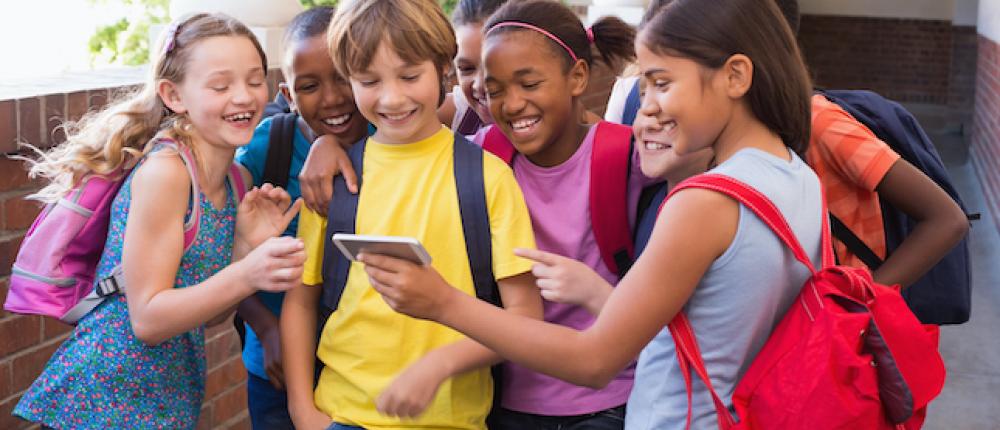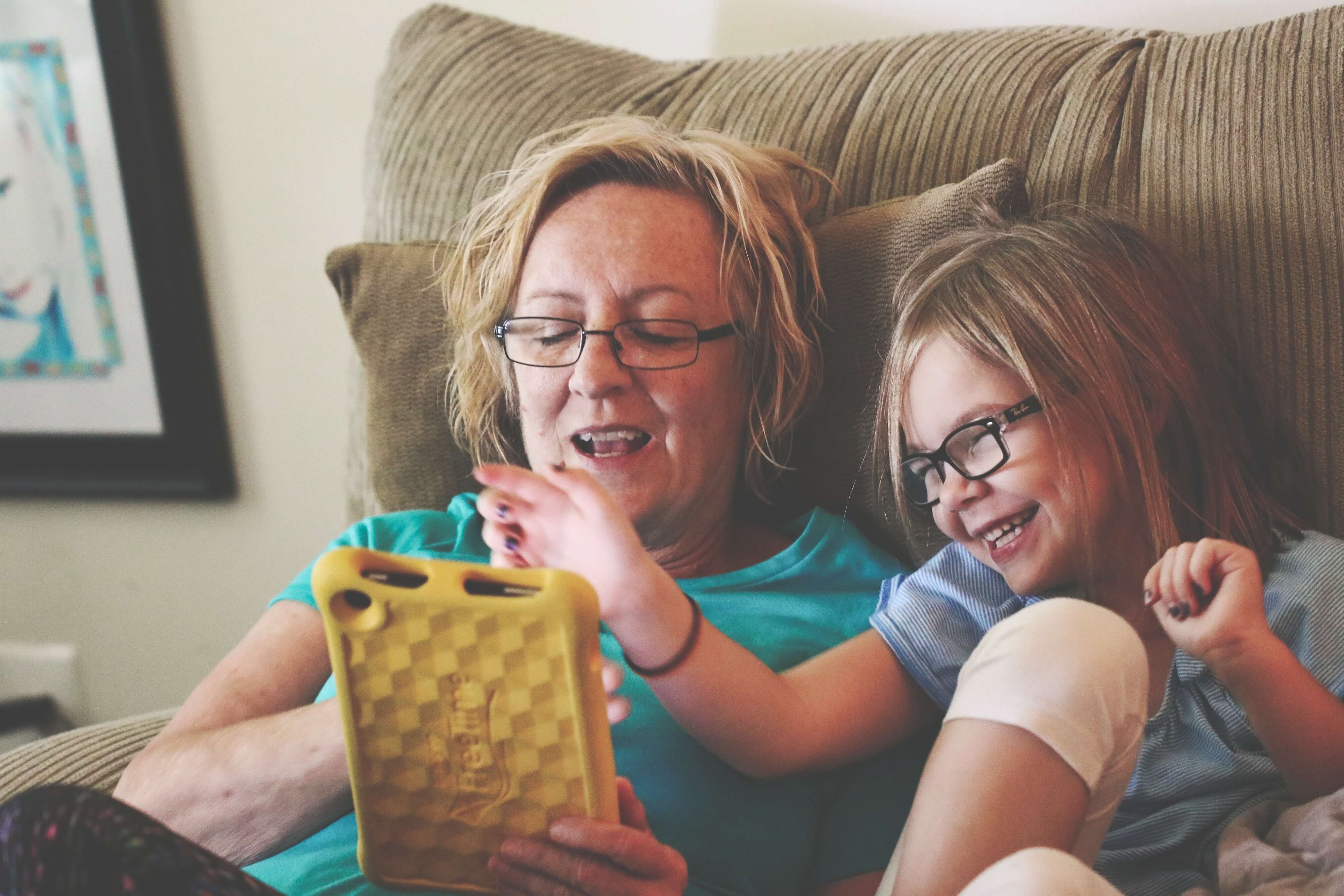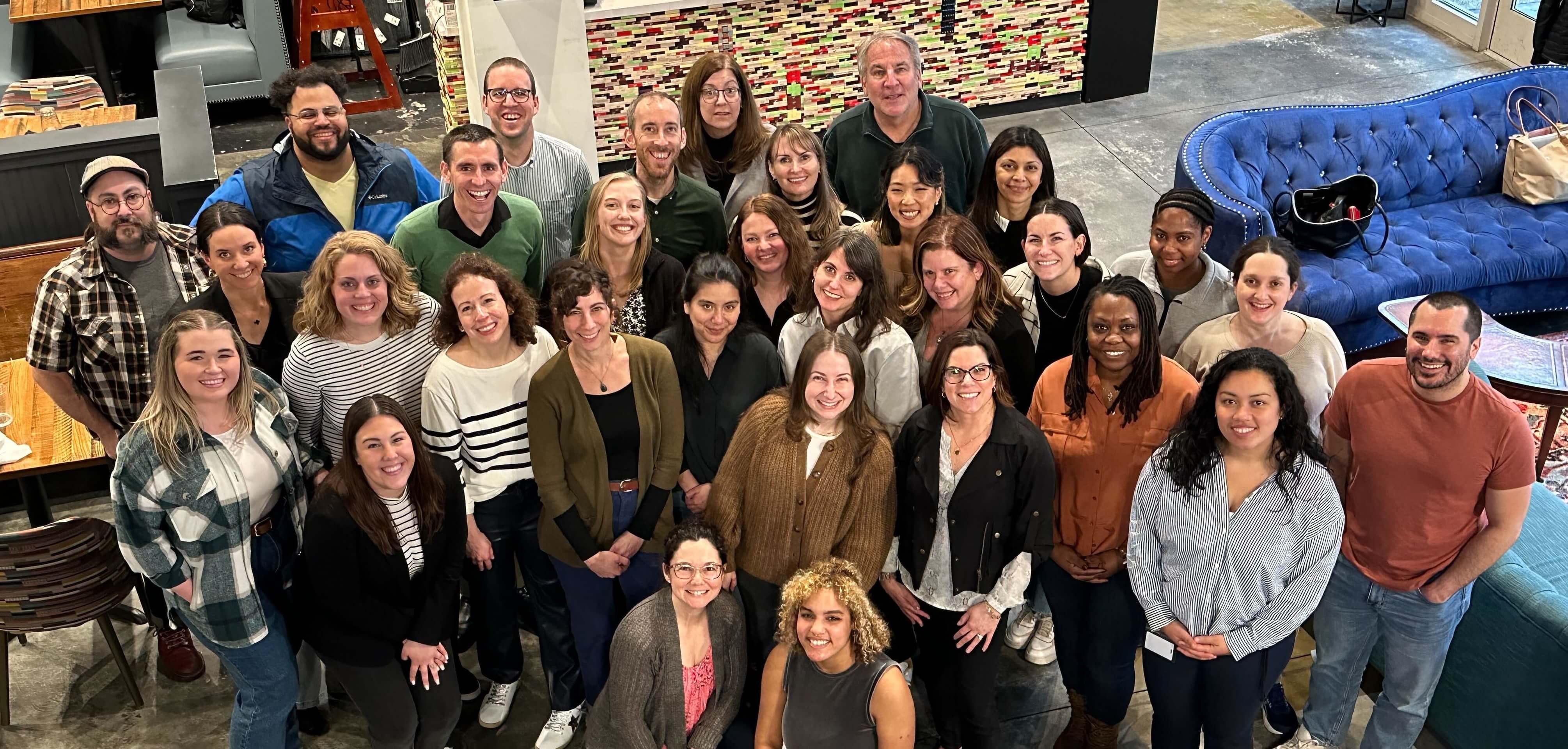Decision Education Tips for a Banner Year—for Parents and Teachers

As we dive headlong into a new school year, we wanted to share the following tips from our Decision Education Library. Our hope is that they help both students and teachers in the Alliance family reach—and exceed—personal goals for success.
Parents: Small Habits Can Have a Big Impact
Does your student come home, drop the book bag, and grab a few cookies? Maybe watch TV to unwind before starting homework? Scroll through social media before bed?
They’re good students who work hard. So nothing to worry about, right?
But these small actions, done repeatedly, become habits—that do not help your student achieve their current potential, or their future goals.
Key is to shape habits before they shape us. But wishing for better habits doesn’t make them a reality.
We offer two quick tips and additional resources to turn a student’s negative habit into a positive.
Establish a system, not only a goal
Rather than saying you want A’s in Spanish, commit to a system of studying for 15 minutes each night. Then, focus on the system. This helps you establish a positive habit that helps you achieve your goal.
Create a reward for a good habit
Understand that bad habits are enticing because they come with a reward. It tastes good, it’s comfortable, etc. With this in mind, you can create a reward that nurtures your new and improved behavior so that it takes root and becomes a habit.
Did you know that German researchers, when prompting a large group to begin exercising, told a small subgroup to reward themselves afterwards with something they really enjoyed, like a small piece of chocolate. Six months later, the subgroup was 58% more likely to continue exercising—and had stopped eating the chocolate.
“Habits are powerful, but delicate. They can emerge outside our consciousness, or can be deliberately designed,” writes Charles Duhigg in his best-selling book, The Power of Habit.
“They shape our lives far more than we realize—they are so strong, in fact, that they cause our brains to cling to them at the exclusion of all else, including common sense.”
For additional resources, see the Alliance HabitWise Program with lessons on how habits can reduce stress, improve health and productivity, avoid advertising gimmicks, and improve relationships.
Teachers: How to Block Burnout
At the Alliance, we have great respect and admiration for teachers. You are shaping tomorrow by teaching our students today. And, you do so while juggling many demands, variables, and challenges every single day.
Understanding that decisions often guide outcomes, we created a special series aimed at supporting all teachers to help you achieve better outcomes, but focused especially on those of you who are early in their careers.
Burnout Blockers includes tips on:
- Managing cognitive biases that can distort the reality of our impact and effectiveness of critical situations
- Develop positive mental cues that keep you focused on “winning the day” and not every moment in the day
- Break habit loops that contribute to stress
- Adopt the premortem technique, long used for success in the business world, to aid lesson planning

